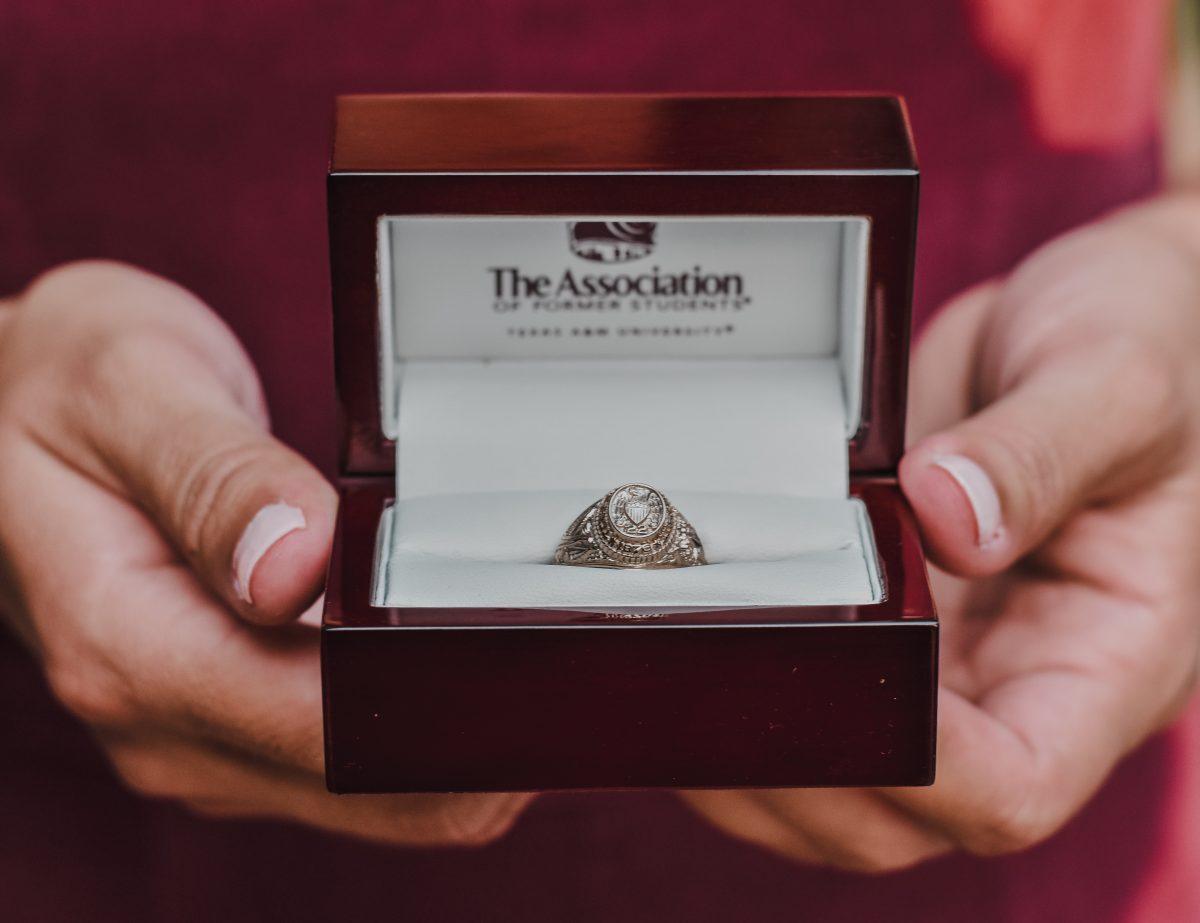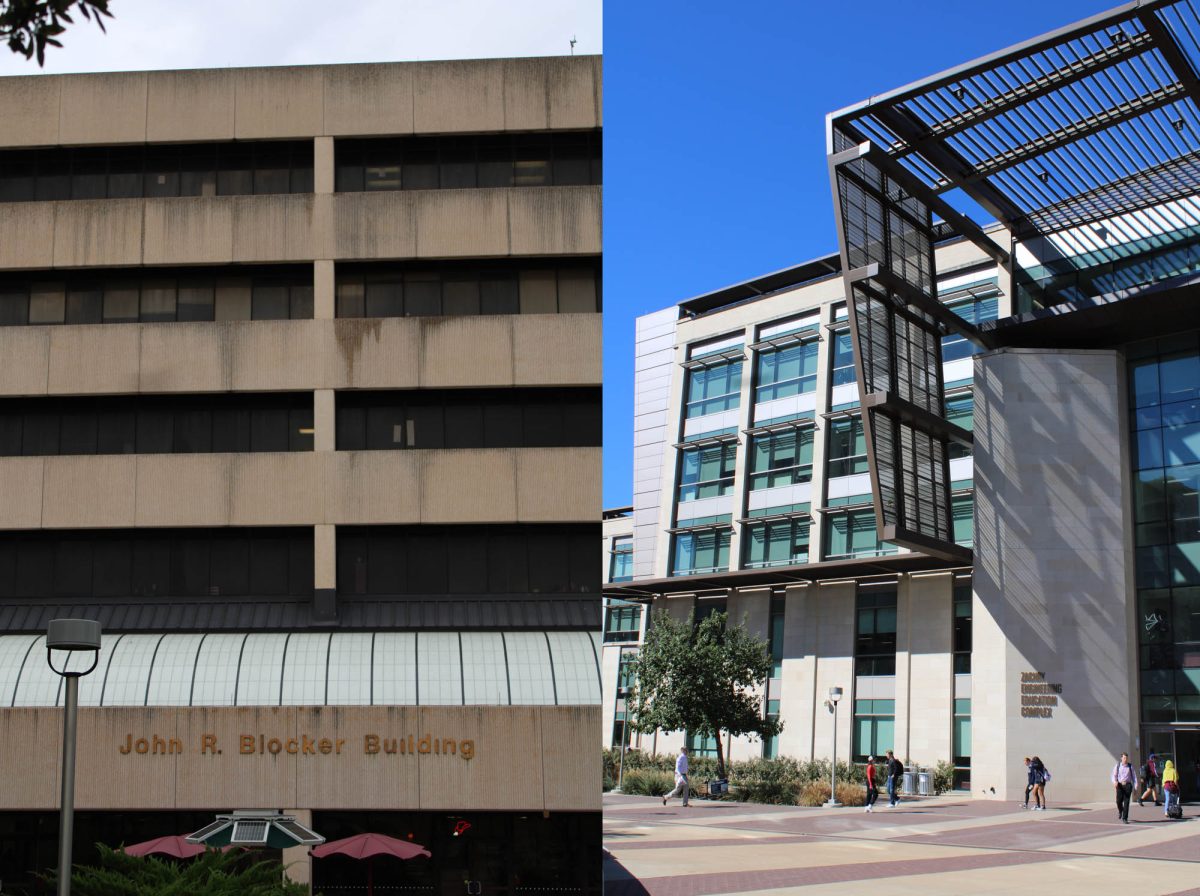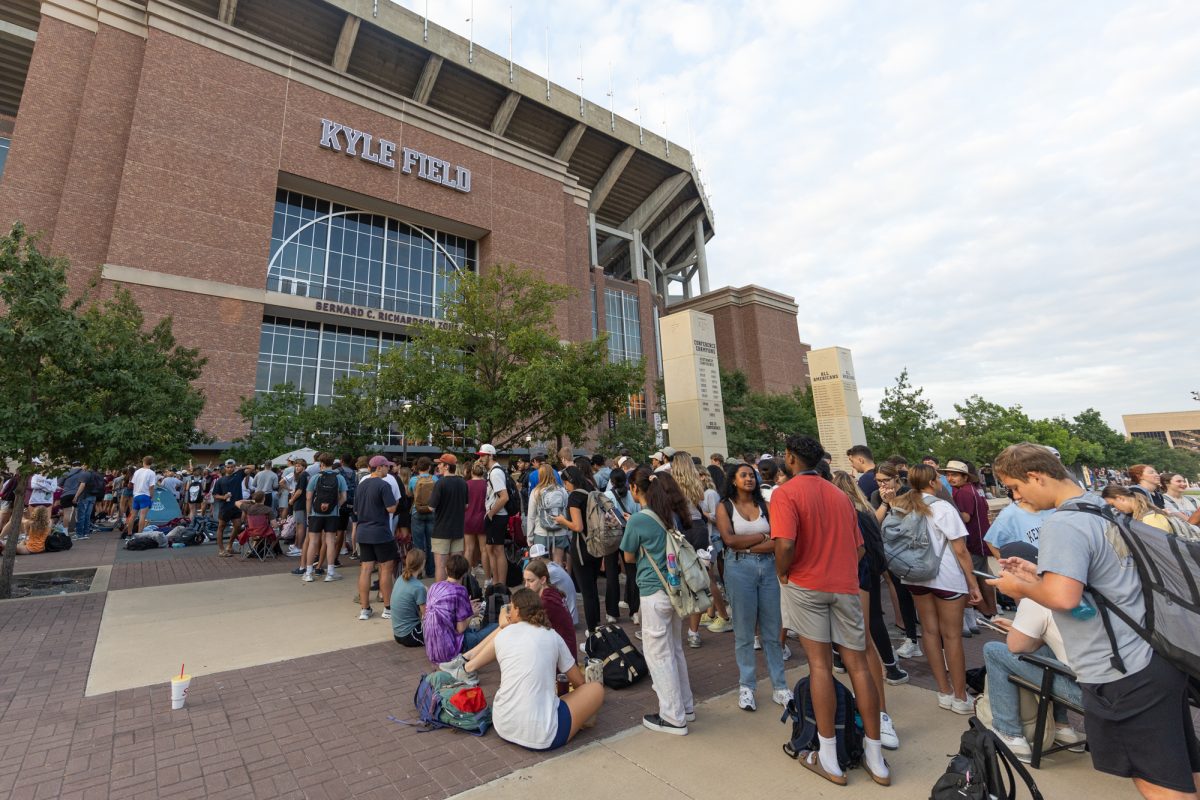Ags, I’ve got some bad news: For the 40th year in a row, Texas A&M didn’t rank 1st place on U.S. News’ National University Rankings.
I’m sorry to break the news to you like this. I know we were all waiting with bated breath to see what a random media company thinks of our university.
Yeah, right. University rankings are incredibly subjective, and basing your collegiate decision upon them is ill-advised. The fact is, there’s more to a university than what U.S. News deems important.
Like a Youtuber falling back on stale ideas, U.S. News produces an annual tier list of American universities. These listings are based on several elements, including graduation and retention rates, undergraduate academics, faculty statistics and admission selectiveness.
All good things, yes? At first glance, I agree with you. But, like a wet sirloin to the face, there’s more to this list than meats the eye.
First, the graduation rates factor — despite contributing over 20% of the calculation — completely ignores transfer students. On average, over a third of all students transfer universities at one point or another during their undergraduate years.
Second, and vastly more concerning, is the extent to which the rankings favor private schools and their wealthy student base.
It’s gotten a bit better over the past few years; U.S. News added metrics for social mobility, or graduation and debt rates for Federal Pell Grant recipients. These grants are awarded to households that make less than $50,000, but they absolutely do not represent the entirety of the non-affluent student population.
Several factors, including graduate indebtedness and the alumni donation metrics, disproportionately favor wealthy students — and, therefore, the private universities that tend to attract wealthy students. These private schools also get a leg up on other factors, like admission selectivity and small class sizes.
This isn’t just speculation. The highest public school on the leaderboard was the University of California, coming in at 20th place.
Before we continue, there’s one more section of the ranking criteria that I’d like to discuss: expert opinion. Making up a full 20% of each university’s grade, this useless section calls upon “top academics” — deans, presidents, provosts, high school counselors, etc. — to rate the excellence of other universities.
On paper, this sounds like a great idea. But, just like communism and going out with that Tinder girl whose name is an adjective, in practice, it falls short.
You know all those survey requests you see in GroupMe from students who need 30 people’s opinions for a class project? You know how you never do those because you have more important things going on?
That’s exactly what this is. According to the Washington Post, “Numerous top-ranking administrators have [said] for more than a decade that they don’t answer the survey or that they have someone else in their office do it.”
Again: that’s 20% of the rankings. How can we take this leaderboard seriously if one-fifth of the decision is based on such frivolous data?
Now, if you’ve made it this far I know two things about you: 1) you probably skimmed or straight-up skipped over some of the preceding paragraphs (it’s okay, it only hurts my feelings a little bit) and 2) you’re wondering why this matters.
Let me paint a picture for you. During my senior year of high school, I was deciding between two universities: this maroon-and-white Xanadu and a small, unimportant rust-colored one that’s a hop and a skip west of here.
To decide, I spent time on their campuses to take a vibe check of each. I studied online materials to see which one was the best fit. Some of my friends had similar conundrums, but rather than actually visiting the schools, they relied entirely upon the rankings provided by U.S. News.
This is not the way to decide where you’ll be spending the next four to six years of your life.
The rankings focus on academics, completely neglecting student-life values. While grades and graduation rates are important, there’s a lot more to the student experience than struggling to maintain that 3.5+ GPA.
Now, I’m not saying to dismiss them altogether. Several of the determining factors are fantastic indications of schools’ abilities. But don’t rely on them completely without looking into anything yourself.
Take them with a grain of salt, and for Reveille’s sake, do your own research.
Charis Adkins is an English sophomore and opinion columnist for The Battalion.
















